Apple's potential low-cost MacBook using the A18 Pro iPhone chip may have surfaced earlier than thought, with code references to the model apparently surfacing back in July 2024.
Early on Monday, commentary from analyst Ming-Chi Kuo advised that Apple was working on a MacBook that runs on an A-series processor instead of an M-series chip. Hours later, it seems that the model may have been teased quite a while ago.
According to posts shared by Aaron Perris via X in , code references in macOS 15.1 included a lot of iPhone, iPad, and Mac models. That list included a reference to "Mac17,1" a currently unused model identifier.
Practically 11 months later, on Monday, MacRumors that the Mac17.1 is the first spotted evidence in backend code of a MacBook running on an A18 Pro chip.
While the claim is timely considering the Kuo post, there is no other detail or evidence that directly links the Mac17.1 identifier to the A-series MacBook story.
A plausible cheaper MacBook
Earlier on Monday, Kuo's claims detailed a MacBook running on an A-series processor. Specifically, it would be running on an A18 Pro chip, the same one as used in the iPhone 16 Pro.
The model would also sport a 13-inch display, and ship in silver, blue, pink, and yellow colorways. Mass production was anticipated to start at the end of 2025 or the start of 2026.
While Kuo didn't propose how much the model will cost consumers, he did say that Apple plans to sell between five and seven million units in 2026. At that aggressive level, the price could be quite low to reach that goal.
 Malcolm Owen
Malcolm Owen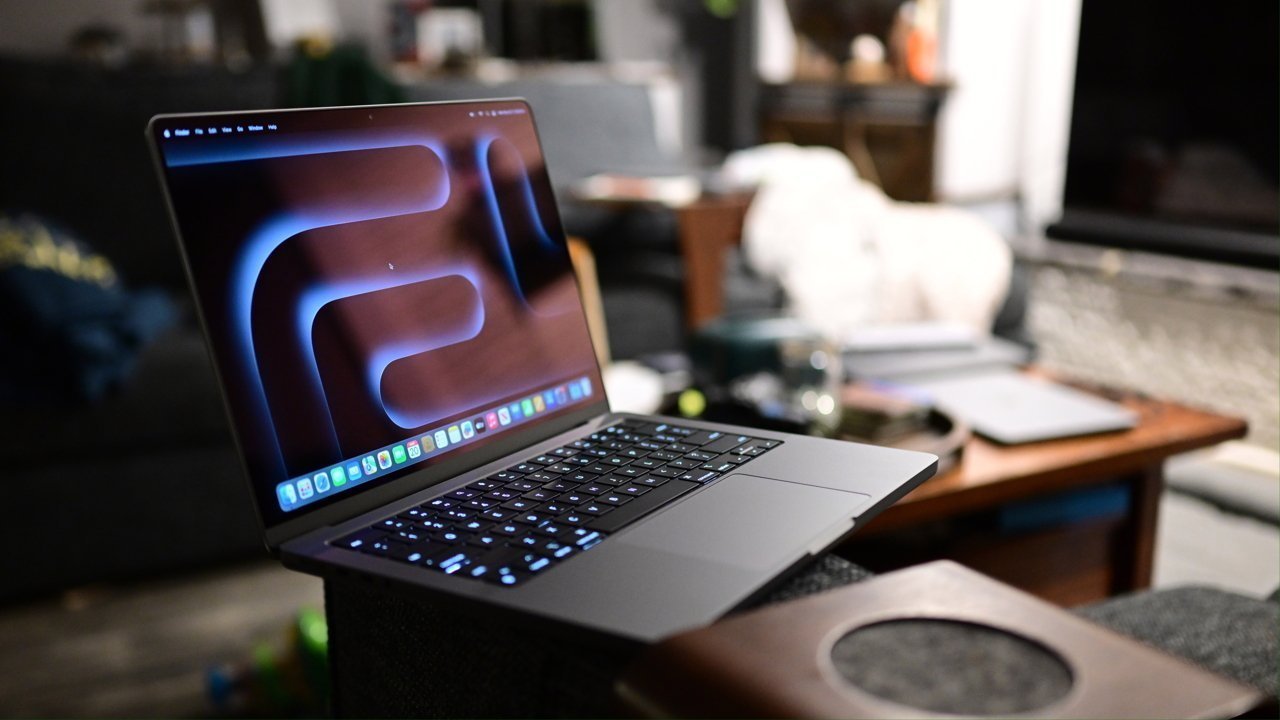
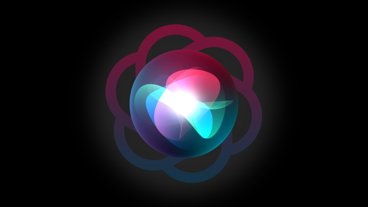
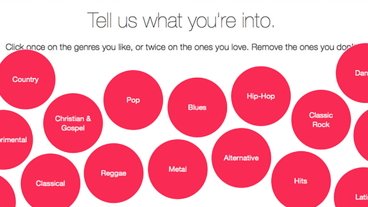
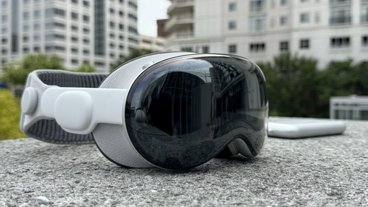
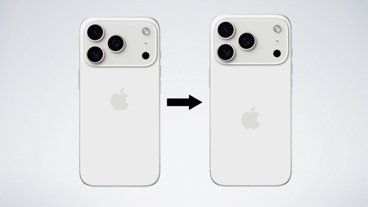
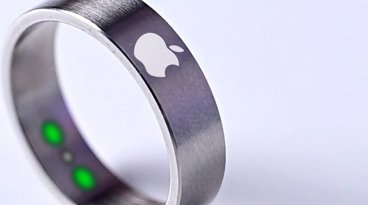
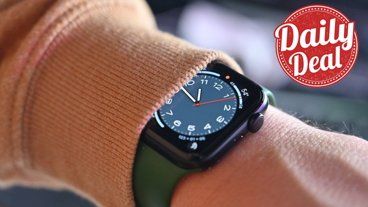

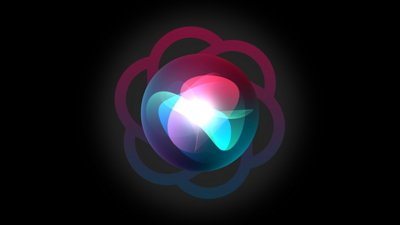
 Wesley Hilliard
Wesley Hilliard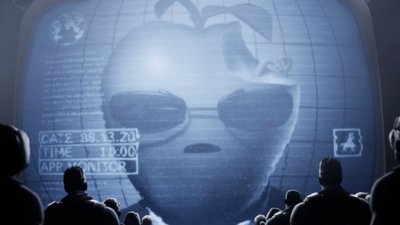

 Andrew Orr
Andrew Orr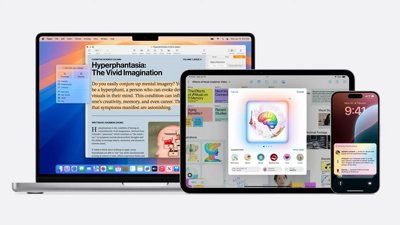

 William Gallagher
William Gallagher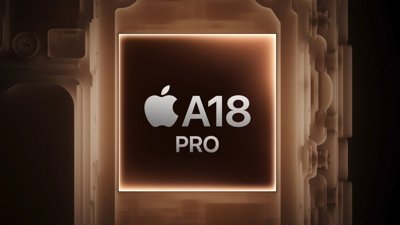


 Christine McKee
Christine McKee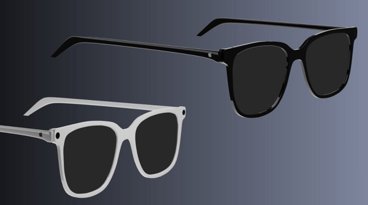
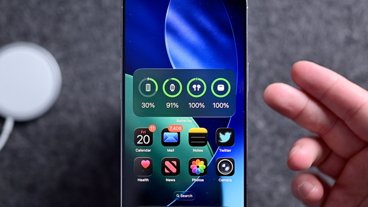
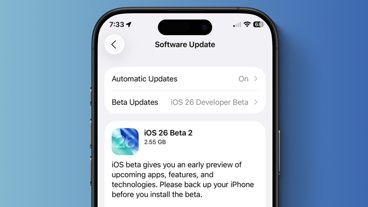
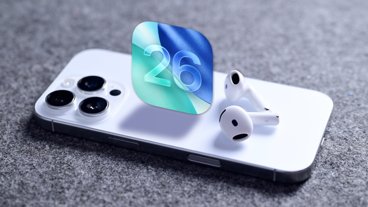
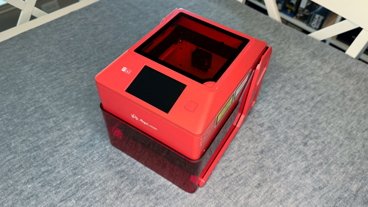
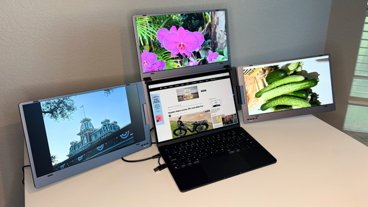
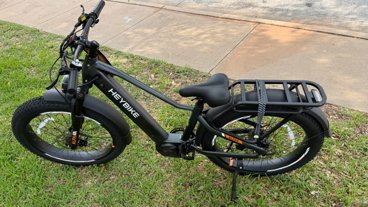

2 Comments
Bringing back the 12” MacBook? Sub 2lb ultra portable
Mac.
12.2” Macbook with A18 w 20 hour battery life $999. One thunderbolt one MagSafe and skip the 3.5 port. Pairing with monitor will allow better audio out or Beats/Airpods combo.
we have Mac Mini Mac Studio and Mac Pro (needs update power wise) for tiers.
As mentioned multiple times before it is probable that Apple has prototyped Macs (of many flavors) with A-series silicon for many years, probably a decade now. The A-series silicon has plenty of power: iPhones have been editing 4K video for a decade now. That's the heaviest normal workload for Joe Consumer. It's not like office suites, content consumption, web browsers, or e-mail clients need M-series cores.
An A-series powered MacBook would make sense in enterprise/education models where 3D gaming performance isn't a metric.